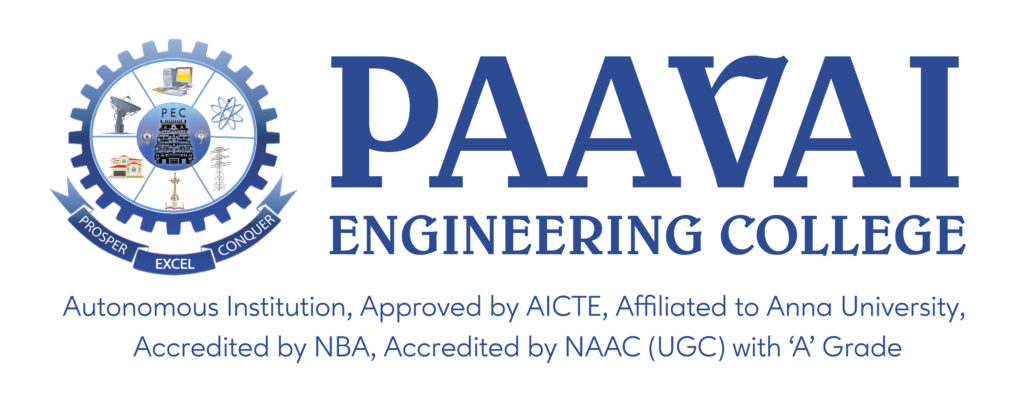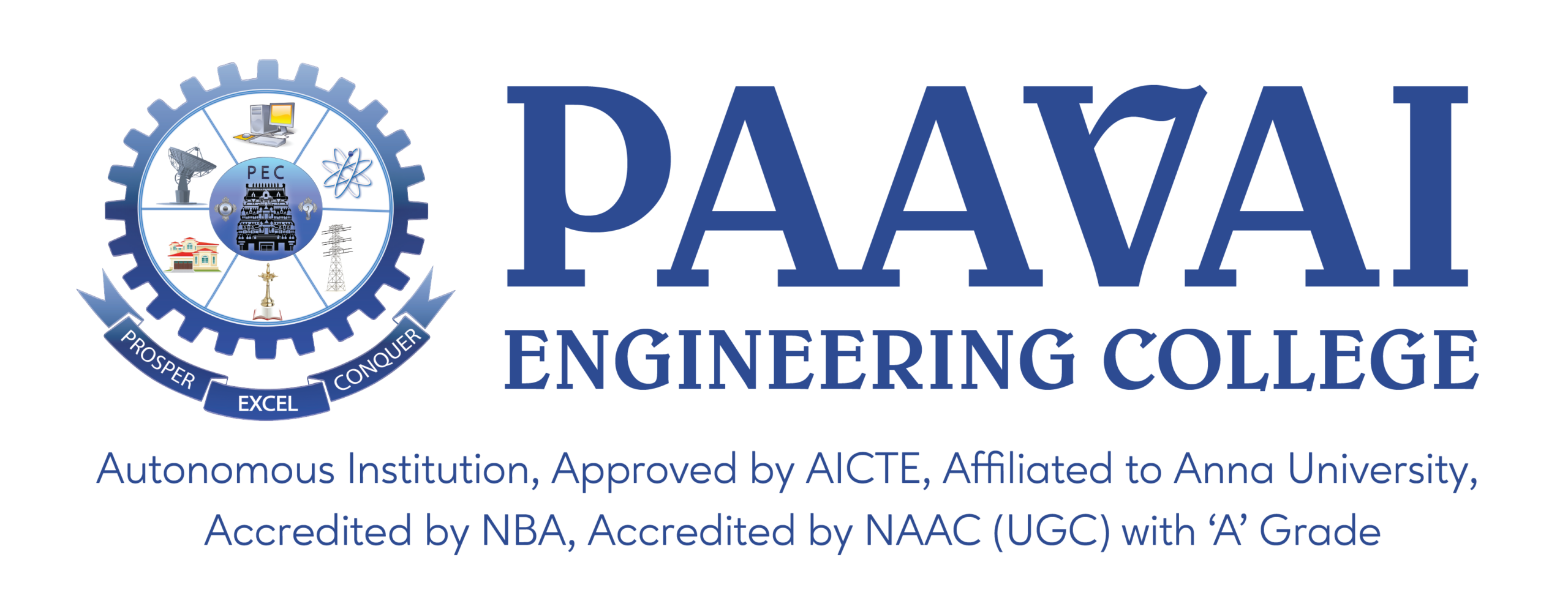Best Practices-I
Industry Collobration
1.1 Title of the Practice
Industry Collaboration.
1.2 Objectives of the Practice
- Enhance Employability Skills: Provide students with industry-relevant knowledge, skills, and exposure to prepare them for competitive job markets.
- Hands-On Learning: Facilitate practical learning through internships, industrial visits, and live projects in collaboration with leading companies.
- Bridge Academia-Industry Gap: Align academic curriculum with current industry practices to ensure students meet employer expectations.
- Encourage Innovation: Motivate students to work on real-time industry problems, fostering innovation and entrepreneurial thinking.
- Career Opportunities: Increase placement opportunities by building partnerships with Tier-1 and Tier-2 companies.
- Up skilling Programs: Conduct certification courses, training, and workshops in collaboration with industries to upgrade technical and soft skills.
- Research Collaboration: Encourage students to participate in collaborative research projects with industries to gain exposure to advanced technologies.
- Start-up Ecosystem Support: Foster a start-up culture by enabling access to incubation support and mentorship from industry experts.
- Global Exposure: Establish collaborations with multinational corporations to provide students with global internship and employment opportunities.
- Promote Lifelong Learning: Instill a mind-set of continuous learning through industry engagement, making students adaptive to technological advancements.
1.3 The Context
At Paavai Engineering College, the significance of bridging the gap between academia and industry is deeply acknowledged. Industry collaboration plays a pivotal role in equipping students with real-world knowledge, skills, and experience, ensuring their readiness for the competitive global workforce.
Through strategic partnerships with leading companies and industries, the institution facilitates an ecosystem where students can actively engage in industry-relevant projects, internships, and workshops. These collaborations not only enhance technical competencies but also expose students to emerging trends, cutting-edge technologies, and practical challenges faced by industries.
Additionally, industry collaboration provides opportunities for students to interact with professionals, participate in expert lectures, and work on live case studies, fostering innovation and entrepreneurial thinking. The establishment of Centers of Excellence powered by industry leaders further ensures that students receive hands-on training in advanced tools and technologies.
By embedding industry collaboration into the academic framework, Paavai Engineering College empowers students to build strong professional networks, improve employability, and align their learning outcomes with industry demands, making them future-ready engineers and innovators.
1.4 The Practice
At Paavai Engineering College, *Industry Collaboration* is a cornerstone of student development, aiming to bridge the gap between academic learning and industrial practices. The institution has established partnerships with leading industries to provide students with hands-on training, internships, and real-time exposure to cutting-edge technologies. These collaborations facilitate the establishment of industry-powered Centers of Excellence, offering students access to state-of-the-art facilities and mentorship from industry experts. Regular workshops, seminars, and guest lectures by professionals enhance students’ understanding of industry requirements and trends. Moreover, the college actively encourages students to participate in industry-sponsored projects and research initiatives, fostering innovation and entrepreneurial skills. This synergistic approach ensures that students graduate with practical knowledge and are well-prepared to meet the demands of the professional world.
1.5 Evidence of Success
The practice of Industry Collaboration at Paavai Engineering College has significantly enhanced student outcomes, providing tangible evidence of its success. Through partnerships with leading industries, students have gained access to industry-powered Centers of Excellence, enabling hands-on training with state-of-the-art tools and technologies. This collaboration has resulted in a noticeable increase in internship opportunities, both in India and abroad, ensuring students are industry-ready upon graduation. Industry-aligned workshops, seminars, and real-world project opportunities have empowered students to bridge the gap between academic learning and professional expectations. The active involvement of industry experts in mentoring students has also fostered innovation and entrepreneurial skills, reflected in the growing number of start-ups incubated by the college.
- Paavai Engineering College earned AICTE’s All India First Rank for Best Internship Record in 2023–2024 and was recognized for Outstanding Achievement for six consecutive years.
- PEC is among India’s top three engineering colleges, winning the CII Industrial Innovation Award for two consecutive years.
- Paavai Engineering College has established an Industry-Academia Collaboration, fostering partnerships with over 25 industries, startups, and organizations to promote innovation, advanced research, and comprehensive skill development.
- 138 students across various branches completed online internships offered by Taiwan universities in courses such as Mental Health, Healthy Aging, Global Health, Web Design, AI Applications in Management, and Machine Learning and 15 students have visited Asia University, Taiwan during Aug, 05 – Aug, 20, 2023 to do internship on ‘Artificial Intelligence’.
- Google Developer Student Clubs – Paavai Engineering College set a record in the India Book of Records on 13.09.23 with the event ‘Maximum Students doing Python Programming in Google Colaboratory with Social Messages.’
- IIC, EDC, and Crescent IIC jointly organized an intra-college AGRI TECH HACKATHON 2024 on 31.05.24.
- Received MSME 2.0 and 3.0 grants totaling ₹37.2 lakhs for three projects.
- Secured ₹2 lakhs in funding from AICTE for a project.
- The Aeronautical Engineering Department, in collaboration with Jet Aerospace and IIT Delhi, conducted a five-day program on Drone Technology from 19–24 January 2024.
- Shalini (III Year IT) won ₹10,000 in ‘Design Hackathon’24 for Women Engineers’ by TANCAM on 22.03.24.
- In partnership with NIELIT Calicut, PEC offered a bridge course on 3D Printing & CAD Modelling, certifying over 3,000 students, including gold recipients.
- PEC was recognized as a Mentor Institute by the Ministry of Education and AICTE, with a ₹2.25 lakh grant, and has partnerships with ISRO, NIT, Siemens, Infosys, and over 70 industries.
Best Practices-II
Outreach Programmes For Rural Community Development
2.1. Title of the Practice
Outreach programmes for rural community development by adopting nearby five villages, which promotes the societal responsibility of the students to evolve as a best human being.
2.2. Objectives of the Practice
- The primary focus of the institution is to transform the students into an accountable person in the
- To build rural community with sustainable
- To work with the people of rural India in identifying development challenges and evolving appropriate solutions for accelerating sustainable
- To promote the rural areas through various activities such as seminar, awareness camp, rally ,
- To mobilize and decentralized the local resources
- To understand themselves in relation to their
- To develop among themselves a sense of social and civic
- To develop competence required for group-living and sharing of
- To Gain skills in mobilizing community
- To acquire leadership qualities and democratic
- To develop capacity to meet emergencies and national
- To practice national integration and social harmony.
The underlying principle of this practice is
- To promote rural community in terms of improving their awareness in health, sanitation, livelihood and education.
- To identify the needs of the rural community and supporting them by providing various activities to develop the community.
- To make students to understand the rights and duties of the citizen and to emerge as a socially responsible citizen.
2.3. The Context
The college takes pride in its rich tradition of promoting a culture of service to both the local and national communities. Students are encouraged to actively participate in outreach initiatives that foster a sense of responsibility and compassion for humanity. These activities, coordinated through the college’s National Service Scheme (NSS), are designed to nurture the holistic development of students. By engaging with the community, students develop empathy and gain valuable insights into social living. The college seamlessly integrates academic growth with outreach programs, recognizing their vital role in shaping the attitudes and character of students. Through these experiences, students acquire the skills and values necessary to achieve their personal and professional goals.
2.4. The Practice
The adoption of five villages—Natamangalam, Semmampatti, Thathayangarpatti, Erukkapalayam, and Puliampatti—aims to instill the value of “Service to mankind is service to God” in students. This initiative encourages students to become proactive members of society by identifying and solving problems within their communities. Since its inception, Paavai Engineering College has been conducting outreach activities under the National Service Scheme (NSS). The NSS team comprises a faculty head serving as the Programme Officer, supported by student office bearers, including the President, Vice-President, and Secretary, along with 100 dedicated volunteers. The core philosophy of the NSS program lies in fostering collaboration between students and faculty in community service, creating a shared sense of responsibility toward nation-building. Since 2015, the NSS has organized two types of activities: regular events and special camp programs.
Regular activities of National Service Scheme of the college: The College has adopted five villages, extending services to uplift the underprivileged through initiatives such as promoting education, repairing schools, conducting household and village surveys, organizing health and hygiene awareness camps, raising road safety awareness, and undertaking cleaning activities in villages and temples. The household surveys aim to assess water, electricity, and gas facilities in individual homes, while village surveys evaluate transport and road infrastructure. Reports of these findings have been submitted to the district collectorate for necessary action.
Additionally, NSS activities encompass a wide range of community-focused efforts, including functional literacy and non-formal education, tree plantation, participation in Republic Day parades, maintenance of trees, road construction and repair, school wall painting, cleaning of village ponds and wells, health education, primary health care, first aid training, blood donation drives, AIDS awareness programs, promotion of advanced agricultural practices, disaster management (cyclones and floods), women empowerment initiatives, road safety campaigns, afforestation, plastic eradication, and observance of days of national significance.
Special camp activities of the college: The special camp activities are organized annually and encompass a variety of initiatives, including free medical camps, sessions on cyber-crime and security, programs promoting women empowerment, awareness rallies on plastic disposal, eye check-up camps, health awareness drives, Swachh Bharat Mission (Clean India Mission) activities, campaigns on traffic rule adherence, organic farming awareness rallies, and Yoga and natural medicine workshops, among others. These activities are systematically planned and executed as part of social responsibility efforts aimed at societal improvement.
This practice is distinctive as it provides students with a comprehensive educational experience through participatory and experiential learning methods.
2.5. Evidence of Success
The rural community has greatly benefited from these initiatives. The villagers have shown enthusiasm and support, allowing the college to organize numerous programs in their locality. These activities have also helped students enhance their holistic development. As a result of their dedicated efforts, the students and the NSS programme officer have received numerous awards, recognition, and appreciation.
- Anna University Level Award: Received the NSS Best Volunteer Award for an impressive streak of consecutive years from 2015 to 2024.
- Best Blood Donation Camp Organizer Appreciation Award: Awarded to our NSS Programme Officer for the Best Blood Donation Camp Organizer Appreciation Award (2022-23).
- Republic Day Parade Participation: Our students have consistently represented the institution in the Republic Day Parade in New Delhi during the years 2017, 2018, 2020, 2022, 2023, and 2024.
- State Republic Day Parade: Two students participated in the State Republic Day Parade in 2024.
- National Adventure Camp: Five NSS volunteers actively took part in the National Adventure Camp 2023, organized by Humari Udan Seva Sasthan from October 1 to October 5, 2023, in Sirohi, Rajasthan. They enthusiastically engaged in various adventure activities during the camp.
- National Voters Day Celebration: On January 25, 2024, NSS Programme Officer C. Rathnakumar received the Best Performing Nodal Officer Award, while R. Gokul, a third-year B.E. (Cyber Security) student, was recognized as the Best Performing Campus Ambassador for 2024. Both received accolades from Thiru. Satyabrata Sahoo, I.A.S., Chief Electoral Officer (CEO) and Principal Secretary to the Tamil Nadu Government. The event, presided over by the Honorable Governor of Tamil Nadu Thiru R.N. Ravi, was held at Kalaivanar Arangam, Chennai.
2.6. Problems Encountered and Resources Required
There are not major issues, sometimes there is a hesitation from the village people to co- operate with the NSS team. Sometimes students have conventional idea about blood donation and health related matters.


